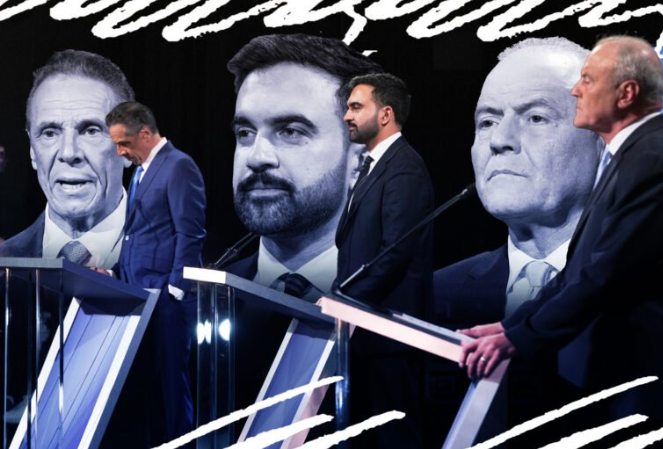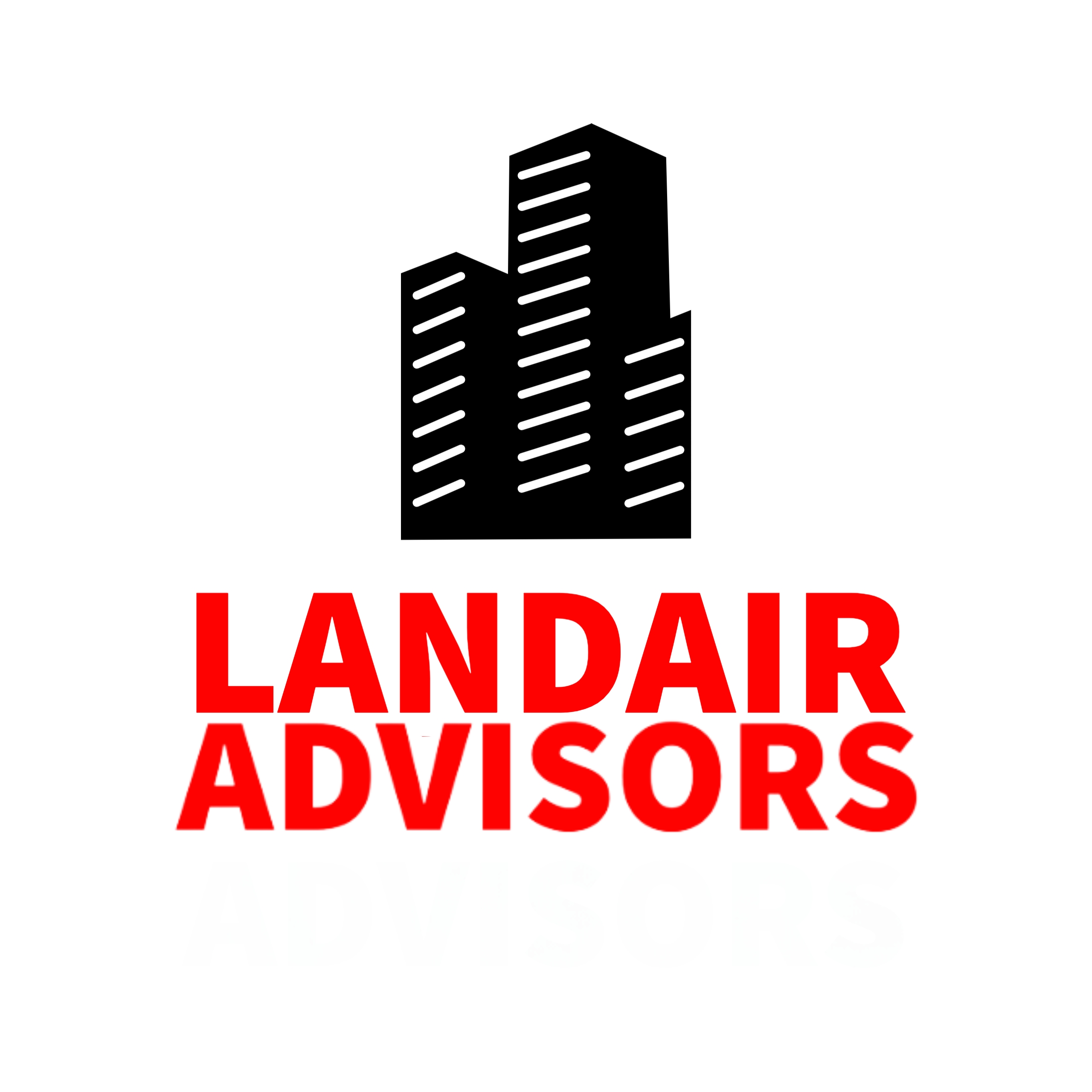As Election Day approaches on November 4, 2025, New Yorkers will have more than just candidate races to consider. On the back of each ballot, voters will encounter six proposals that could reshape city governance, land use, and housing development — issues with direct impact on the real estate market. Early voting begins October 25, so it’s important to understand what’s at stake.
Housing-Focused Measures
Four of the six ballot questions were put forward by the Charter Revision Commission, convened by Mayor Eric Adams last year to streamline approvals for affordable housing and modernize city processes.
- Fast-Track Affordable Housing – Proposed by the Adams commission, this measure would speed up approvals for publicly financed affordable housing projects and prioritize development in districts that historically produce fewer affordable units. It significantly reduces the usual seven-month ULURP process.
- Simplify Modest Housing & Infrastructure Review – Also championed by the Adams-appointed commission, this proposal creates an expedited review process for small-scale housing and minor infrastructure projects, aiming to reduce delays and costs for developers.
- Affordable Housing Appeals Board – Another commission-backed proposal, this measure establishes a three-member board (City Council speaker, borough president, and mayor) to review Council decisions that reject affordable housing applications, balancing local, boroughwide, and citywide perspectives.
- Digital City Map – Proposed by the commission under Adams, this measure would consolidate the city’s five borough-specific map offices into a single, digital City Map. This modernization could streamline land-use approvals, property transactions, and development planning across NYC.

Key Political Context: Democratic mayoral nominee Zohran Mamdani has not taken a public stance on the housing ballot measures, citing the need for further review and emphasizing job creation in construction. Former Governor Andrew Cuomo supports the measures, arguing they simplify development, while Republican nominee Curtis Sliwa opposes them, warning they could undermine City Council oversight and favor developers.
Other Ballot Measures
- Move Local Elections to Even-Numbered Years – Proposed by the Adams commission to align city elections with federal presidential elections, this measure aims to increase voter turnout and potentially save the city millions in administrative costs.
- Olympic Sports Complex Amendment – This statewide measure, separate from NYC governance, would authorize expansion of the Mount Van Hoevenberg Winter Sports Complex near Lake Placid, including skiing and related facilities on state forest preserve land. In exchange, the state would add 2,500 acres to the Forest Preserve.
Implications for Real Estate
These measures have direct implications for residential and commercial real estate. Streamlined approvals for affordable housing could accelerate construction timelines, attract investment, and influence neighborhood development patterns. The creation of a digital City Map promises better efficiency for property transactions, rezoning, and permitting. Understanding these proposals can help property owners, developers, and investors anticipate market shifts and position strategies accordingly.
Adapted from THE CITY, “The 6 Ballot Questions New Yorkers Will See This November” (Oct 6, 2025) and The Real Deal, “Mamdani won’t take a side on housing ballot measures in mayoral debate” (Oct 23, 2025).


